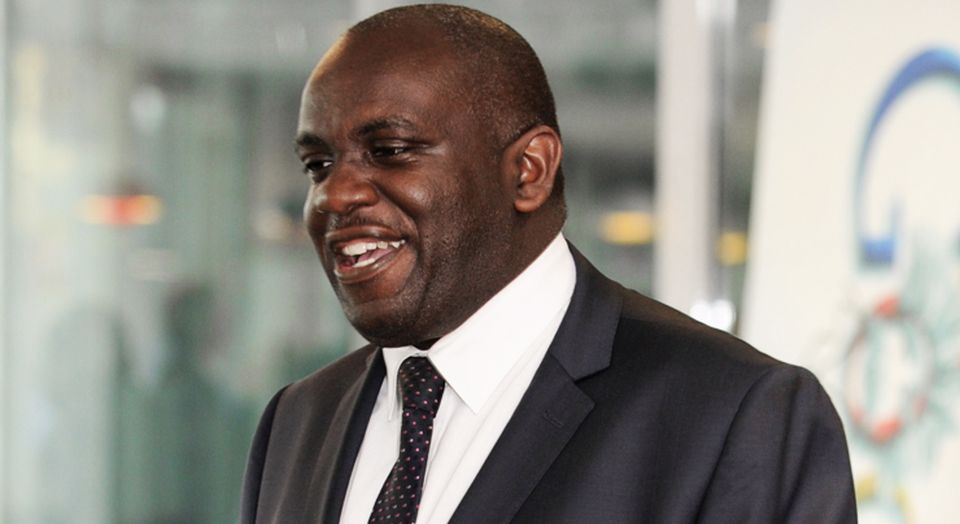Thou shalt not question ‘institutional racism’
The Sewell report challenges the sacred cows of the identitarian left.

Want to read spiked ad-free? Become a spiked supporter.
The vituperative response to the UK government’s review into racial disparities in the UK was entirely predictable. After all, the knives had been out for its collective author, the Commission on Race and Ethnic Disparities, from the moment it was established last summer.
Munira Mirza, the director of the No10 policy unit, assembled the commission in June 2010. But, because she had questioned the idea of institutional racism in the past, she was immediately denounced by Twitter’s Racist-Finder Generals. Dr Shola Mos-Shogbamimu, for instance, called her ‘another BROWN executioner’, and asked, ‘Would Boris Johnson put [a] Holocaust denier to lead [a] commission on Anti-Semitism?’. Another dismissed Mirza as ‘a racial gatekeeper’. As Rakib Ehsan noted in spiked at the time, these ugly attacks on black and Asian people, like Mirza, who hold the ‘wrong’ views, revealed the racism so prevalent on what passes for the left today.
This nastiness was on full view once again after a summary of the report’s conclusions was press-released on Tuesday night. Mos-Shogbamimu popped up with a poisonous take-down of commission chair Tony Sewell: ‘Racist Boris Johnson “Race Commission” fronted by token Black man, Tony Sewell, finds institutional racism doesn’t exist. A #WhiteSupremacy LIE to gaslight entire nation #ThisIsWhyIResist.’
Still, it is worth looking at the central charge levelled at Mirza, Sewell and their colleagues; namely, that they do not accept the existence of ‘institutional racism’, and its close relative ‘structural’, or ‘systemic’, racism.
It is true that Mirza and Sewell have critised the idea of ‘institutional racism’, first defined as such in the 1999 Macpherson Report into the police handling of the murder of black teenager Stephen Lawrence. They objected to Macpherson’s definition on the grounds that it transformed racism from conscious, often state-led discrimation into the ‘unwitting’ prejudice of the population at large – a ‘social disease’, as some called it. Indeed, in a 2011 piece in Prospect magazine, Mirza, Sewell and other black and Asian commentators challenged the post-Macpherson idea that racism was endemic in 21st-century Britain. Which is akin to sacrilege to some in academia, the race-relations industry and policymaking circles.
However, neither Mirza nor Sewell ever said ‘race’ was wholly insignificant. They always accepted that racial abuse and discrimination still happens. What they were arguing, rather, was that ‘race’ was often of far less social significance than officialdom had taken to declaring it was. They pointed out, time and again, that British society was less racist, less intolerant and palpably more at ease with ethnic diversity than at any point in its history. They were concerned that the misplaced focus on ‘unwitting’ racism as the cause of all racial disparities results in bad policymaking, encourages black and ethnic minorities to mistrust public institutions, and fosters division in society at large.
They were right. As recent reports have shown, it is wrong to conceive of racial disparities in healthcare or criminal justice, for example, as the products of racism. And to do so ignores the far more significant and determinant factors of social class and culture.
But too many in the race-relations industry, think tanks, academia and beyond have a vested interest in continuing to propagate the racism-is-at-the-root-of-everything narrative. Hence they lash out at Sewell and Mirza, and dismiss the questioning of ‘institutional’ or ‘systemic’ racism as, well, racist. They call it ‘the survival strategy of white supremacy’, a form of white denial. That this denial comes from figures appointed by a Tory government just amplifies the invective spewed out by Mos-Shogbamimu and others.
There are many on the left old enough to recall anti-racism when its objectives were unifying, universal and anti-race. And many no doubt share Mirza and Sewell’s stance. But they daren’t risk the wrath of the vocal and identitarian mob, so prevalent in the media and online, and thus remain silent. Given the vitriolic response to Sewell’s report, you can understand their silence.
Adrian Hart is the author of That’s Racist!: How the Regulation of Speech and Thought Divides Us All.
Picture by: Getty.
Who funds spiked? You do
We are funded by you. And in this era of cancel culture and advertiser boycotts, we rely on your donations more than ever. Seventy per cent of our revenue comes from our readers’ donations – the vast majority giving just £5 per month. If you make a regular donation – of £5 a month or £50 a year – you can become a and enjoy:
–Ad-free reading
–Exclusive events
–Access to our comments section
It’s the best way to keep spiked going – and growing. Thank you!










Comments
Want to join the conversation?
Only spiked supporters and patrons, who donate regularly to us, can comment on our articles.